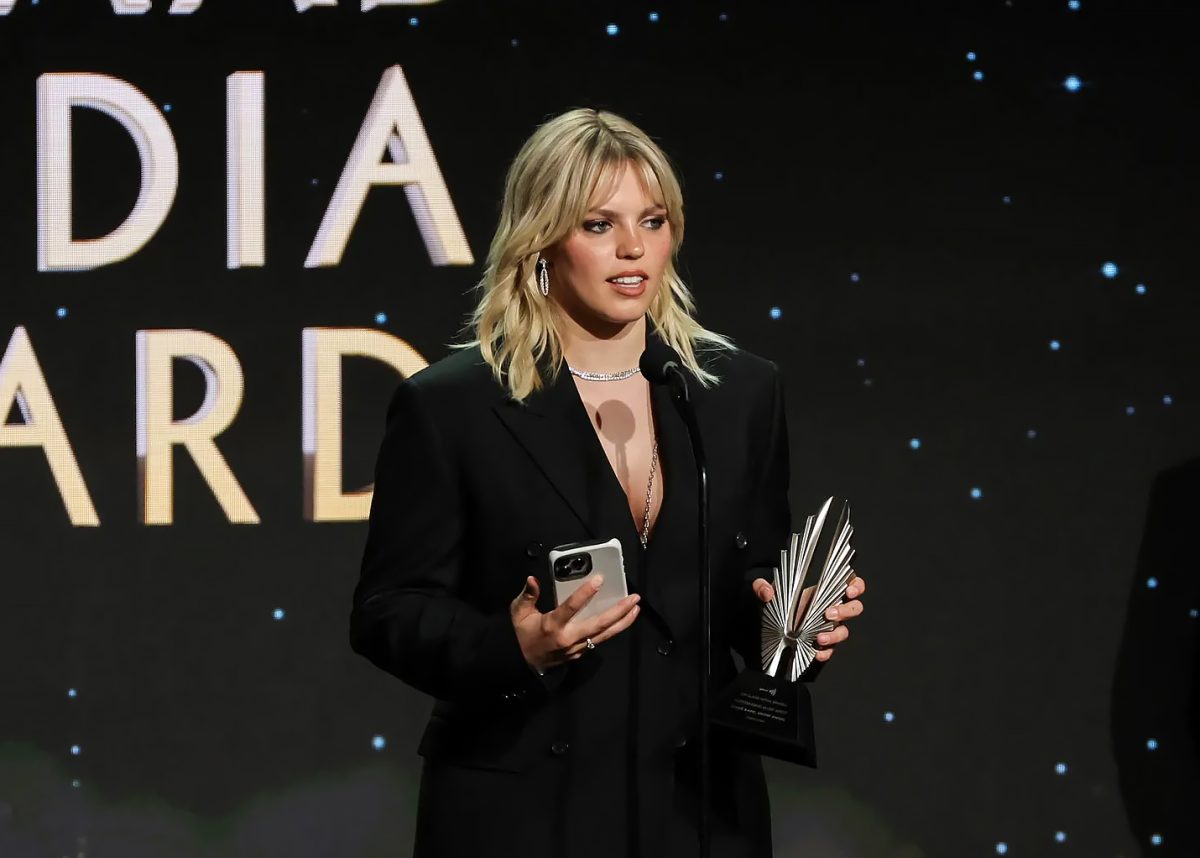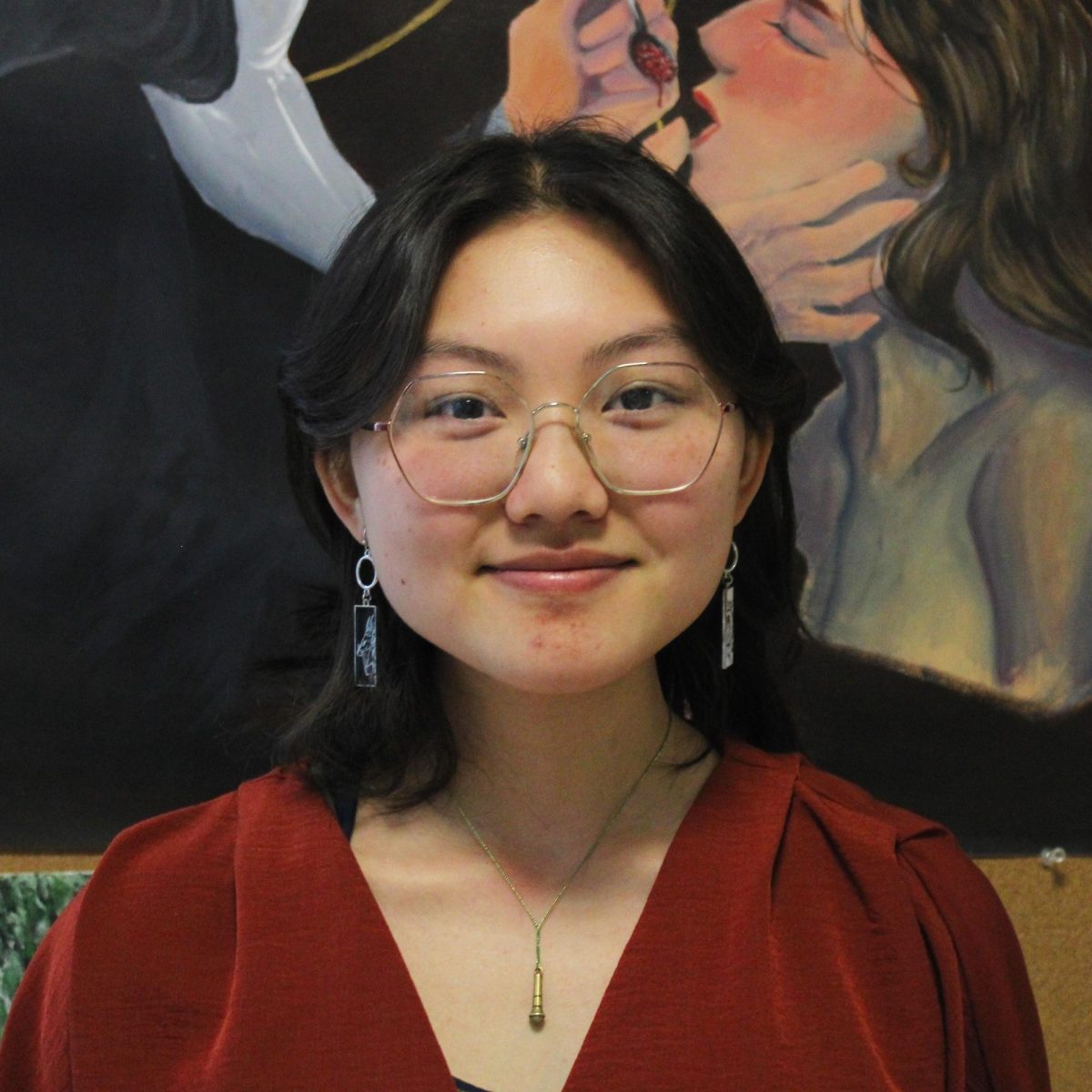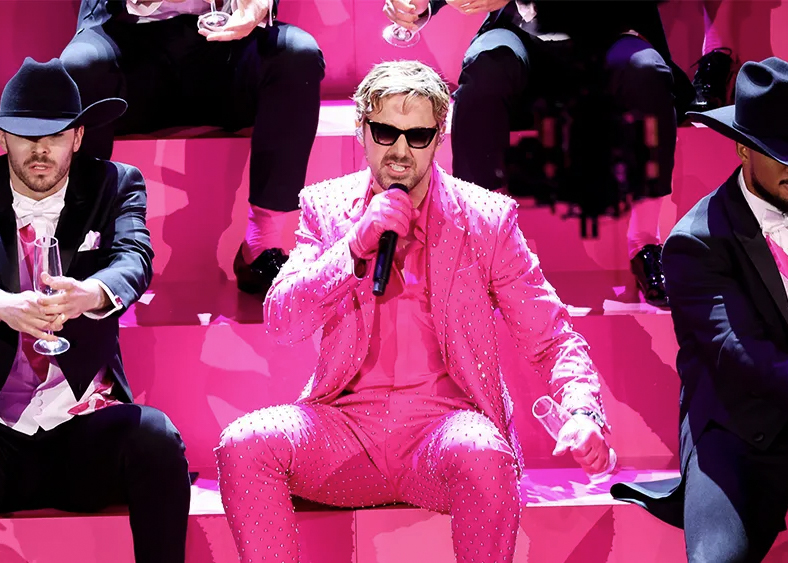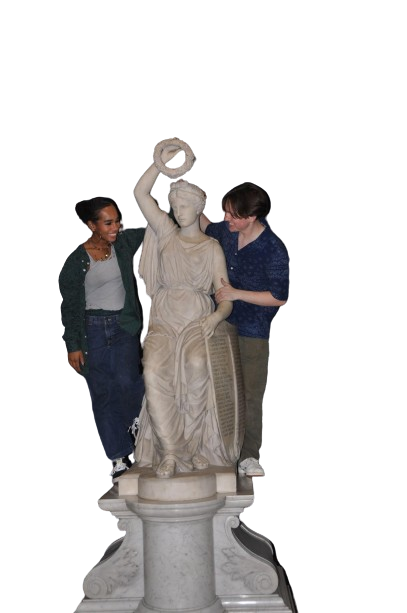What first comes to mind when you think of K-pop? Is it the catchy music, alluring visuals or the upbeat choreography?
K-pop is a South Korean subgenre of pop music that incorporates elaborate choreography with the music. To many, K-pop performers are also seen as “idols.” From dancing and singing to being role models for listeners, K-pop idols are viewed as celebrities. Through intense marketing and constant content production, they develop a significant social media presence, expected to be flawless in both their routines and every aspect of their life displayed for public consumption.
The captivating performances you see on stage, however, directly contrast what happens behind the scenes. The road to becoming a K-pop star begins at ages as young as eight or nine, where prospective K-pop artists, or “trainees,” work extremely hard to achieve their dream of becoming idols. While going to school, they pour endless hours into intense training. Trainings cover both artistic and media-related tools, including lessons in dancing, singing, different languages and maintaining their public personas.
But merely working hard is not enough for a K-pop idol to make their debut — companies restrict prospective idols’ personal lives and diets, often forcing them to conform to unrealistic beauty standards. Beauty standards in K-pop are very demanding, viewing specific types of faces and bodies as more “desirable” than others. Ideal features include glass-like pale skin, double eyelids and heart-shaped lips. Trainees who do not have these features are often pressured, or even forced, to get plastic surgery as a condition to debut.
Most companies also track the weight of trainees daily. If trainees or idols weigh “too much,” they often undergo extreme diets to lose extensive amounts of weight in a short amount of time. Momo Hirai of the popular girl group TWICE recalls her extreme weight loss: “I was scared that I would not wake up again.”
In most K-pop groups, there are also designated “visual” positions, usually occupied by idols who fit Korean beauty standards most closely. These idols are the companies’ money-makers, often receiving the most brand deals and traction. Many fans, however, deem these positions unnecessary.
Katelyn Le (II), co-president of Boston Latin School Koreo, believes the impact of positions extends to fans: “Pointing out one person not only makes their group a competition, but it also makes our thoughts on ourselves more of a competition.”
Regardless of an idol’s position in a group, they all are often criticized for their appearances, a key reason why mental health issues are so prevalent in the industry.
Still, the effects of emphasizing physical appearances extends beyond the idols. Petula Sheehan (V), an avid K-pop listener, explains, “[K-pop] has made me more aware of how celebrities are forced into one role and just the general role of beauty standards in our society.” From websites encouraging idol diets and intense workouts to idols’ faces plastered on advertisements for unhealthy products, K-pop fans are intentionally exploited by companies and some don’t even realize it.
Another ongoing issue in the K-pop industry is the sexualization of idols, specifically minors. Companies sometimes push sexual or mature concepts onto groups with very young members. As a result, they are sexualized by viewers who may be much older than them, which puts them into uncomfortable situations. An example of a song with such innuendos is “Cookie” by NewJeans. At the time of the song’s release, four out of the five girls were minors, with the youngest being 14. Nevertheless, the lyrics include many sexual double meanings and metaphors.
K-pop companies are also beginning to target international audiences more, and the fetishization of East Asians, especially Koreans, is reaching a new high. The line between Koreans and Korean idols is being blurred. International fans only knowing about K-pop, and not the extensive culture of Korea as a country, greatly contributes to this issue. Because of their obsession with K-pop idols, fans often correlate their ideal partner with someone who is East Asian.
Le comments, “[K-pop] did fantasize Asians more in a way where people only look at East Asians because we’re the closest to what K-pop idols look like.” Some have gone even as far as getting plastic surgeries in order to “look more Asian,” or look like their favorite idols.
Next time you compare your appearance or lifestyle with that of a K-pop idol, remember that what is portrayed on social media is not the entire truth, and that idols, like us, are people too.
K-Pop: The Ugliness Behind Perfection
February 9, 2024
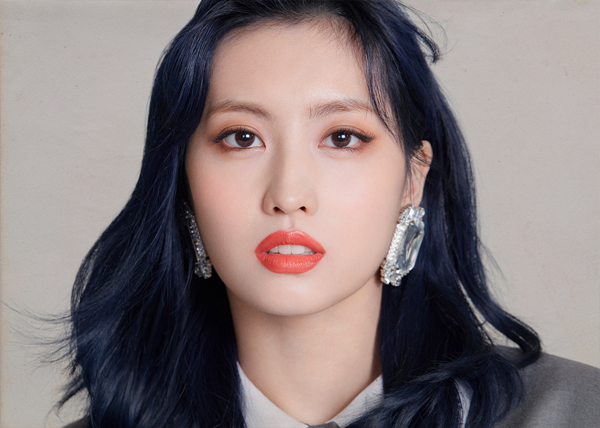
TWICE’s Momo experiences “Heaven in Hell” because of Korean beauty standards. (Source: JYP Entertainment)



